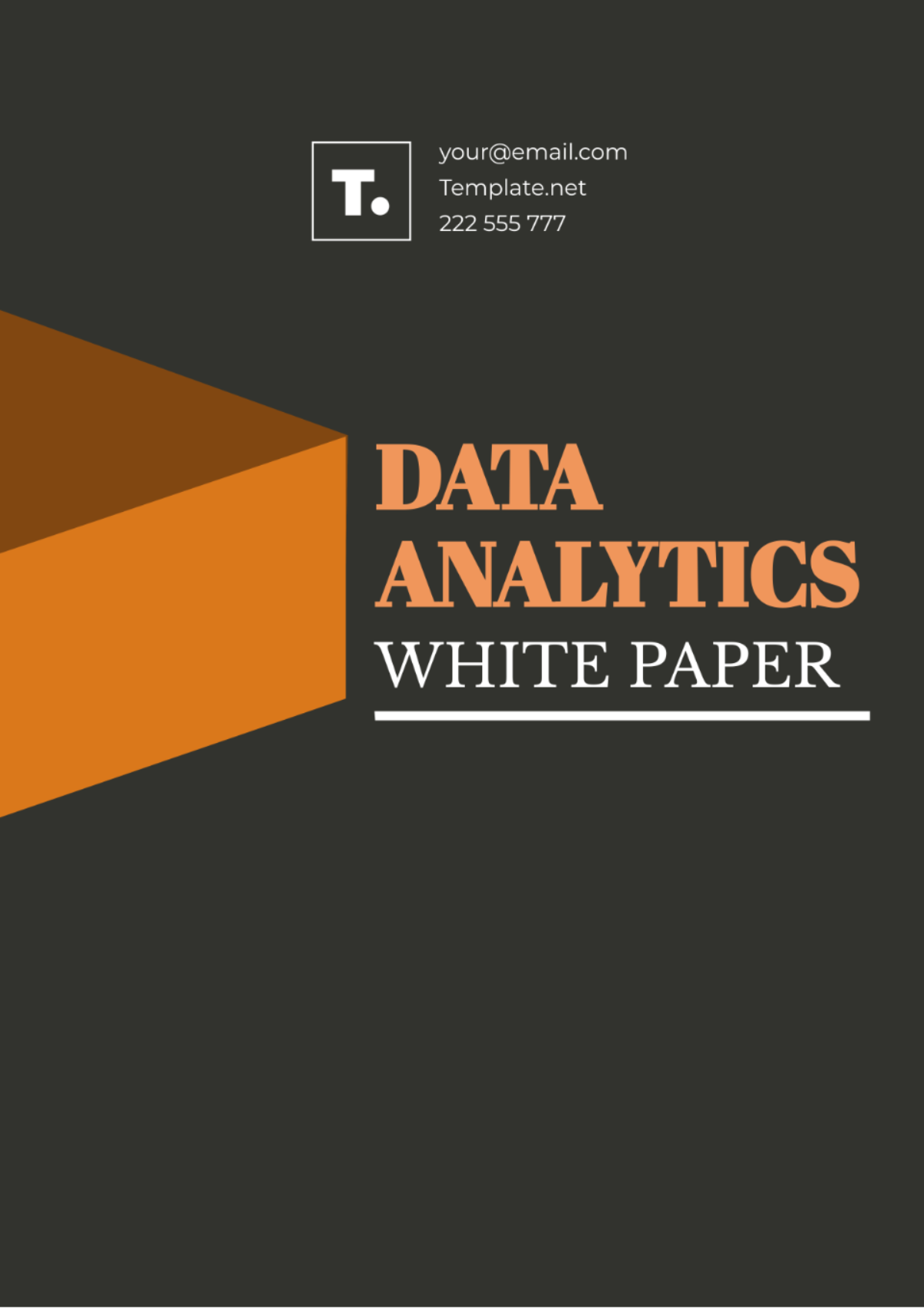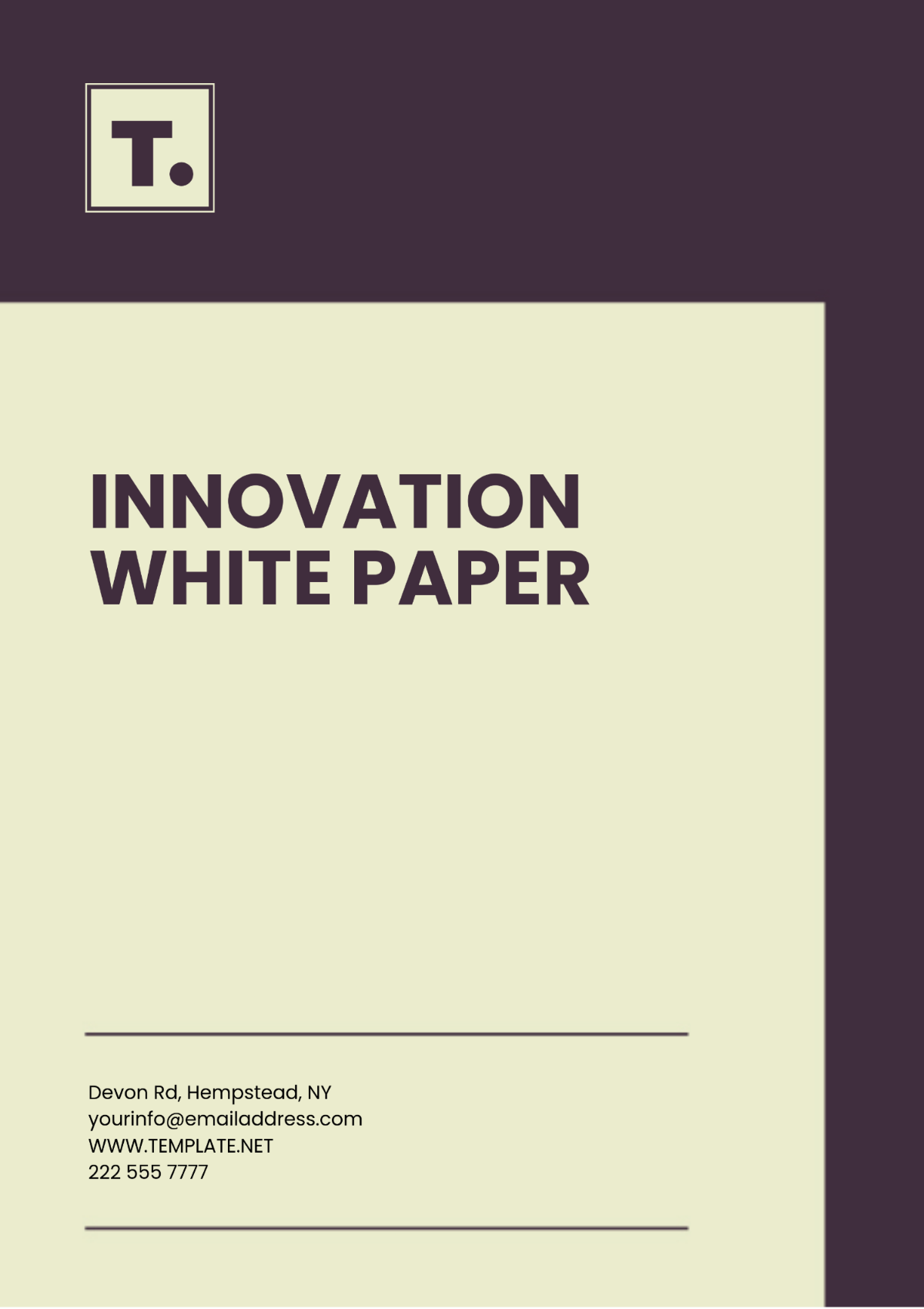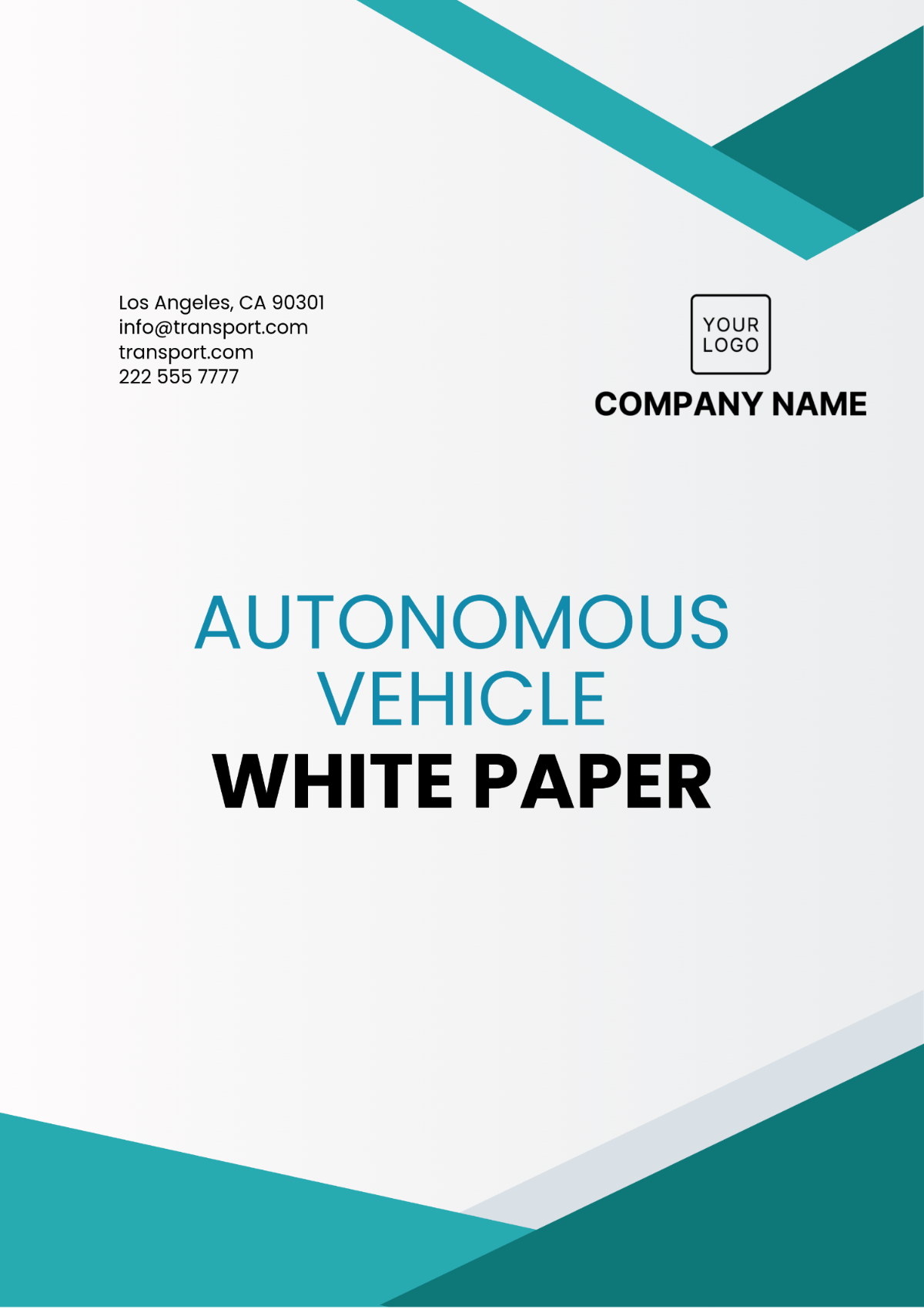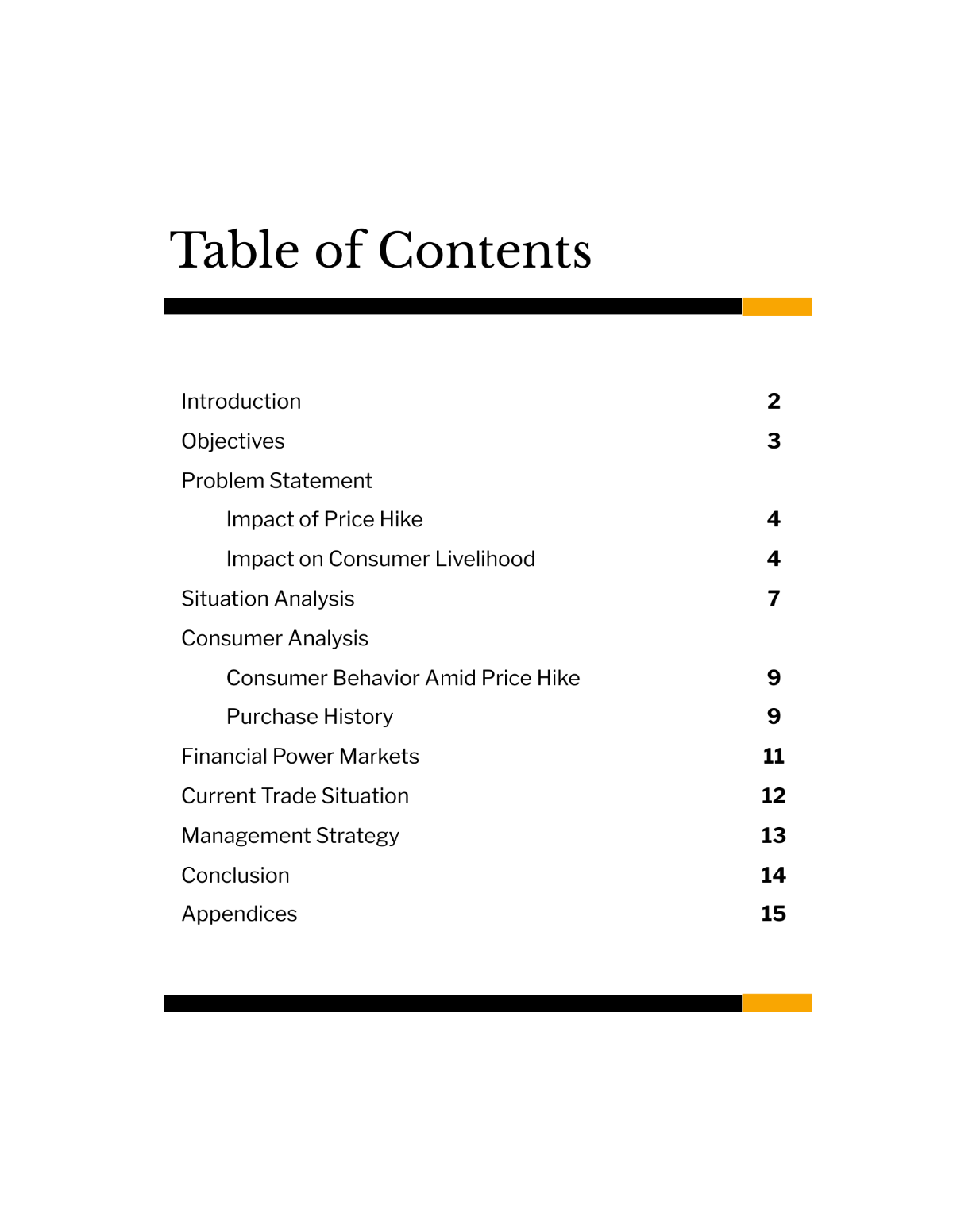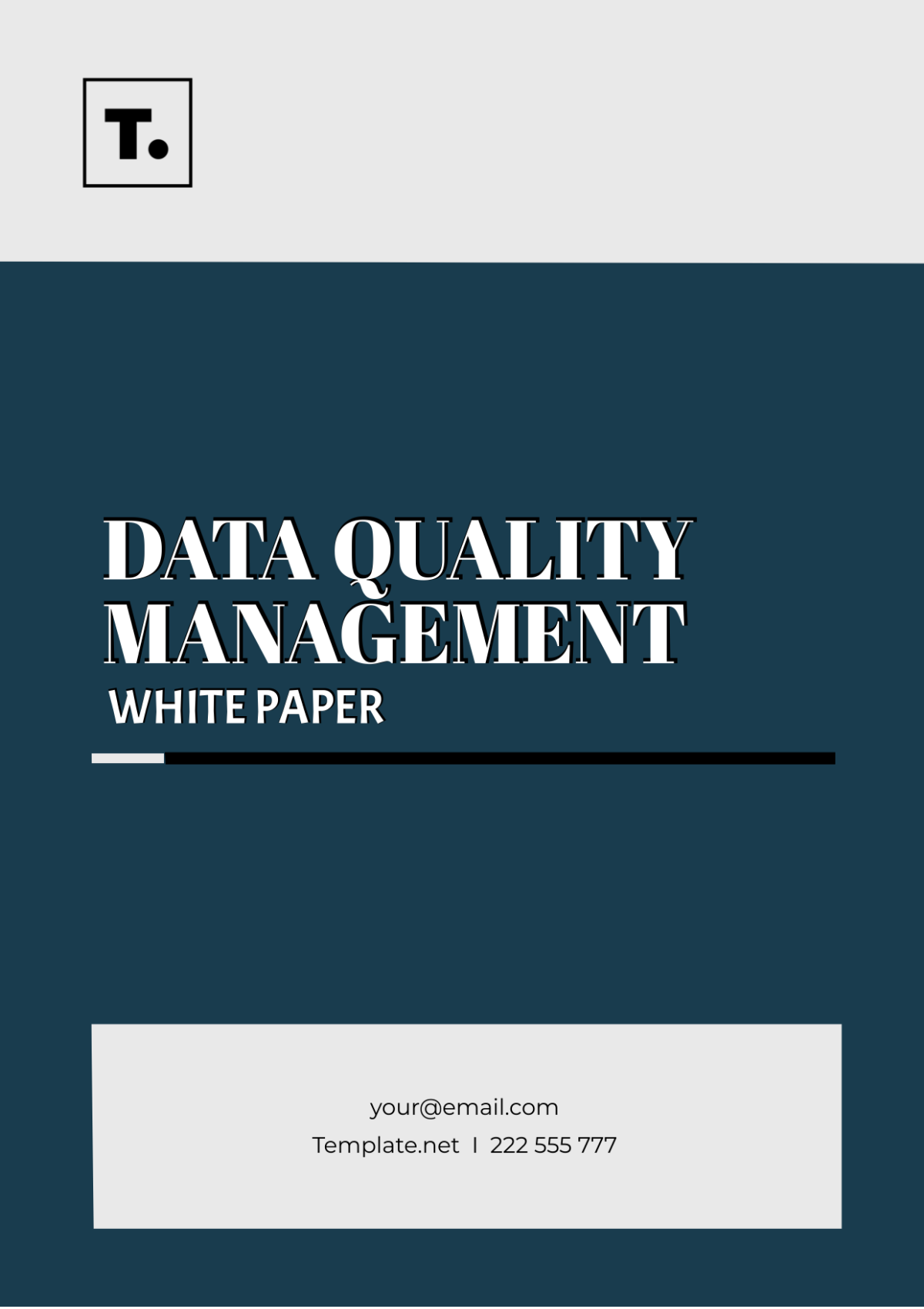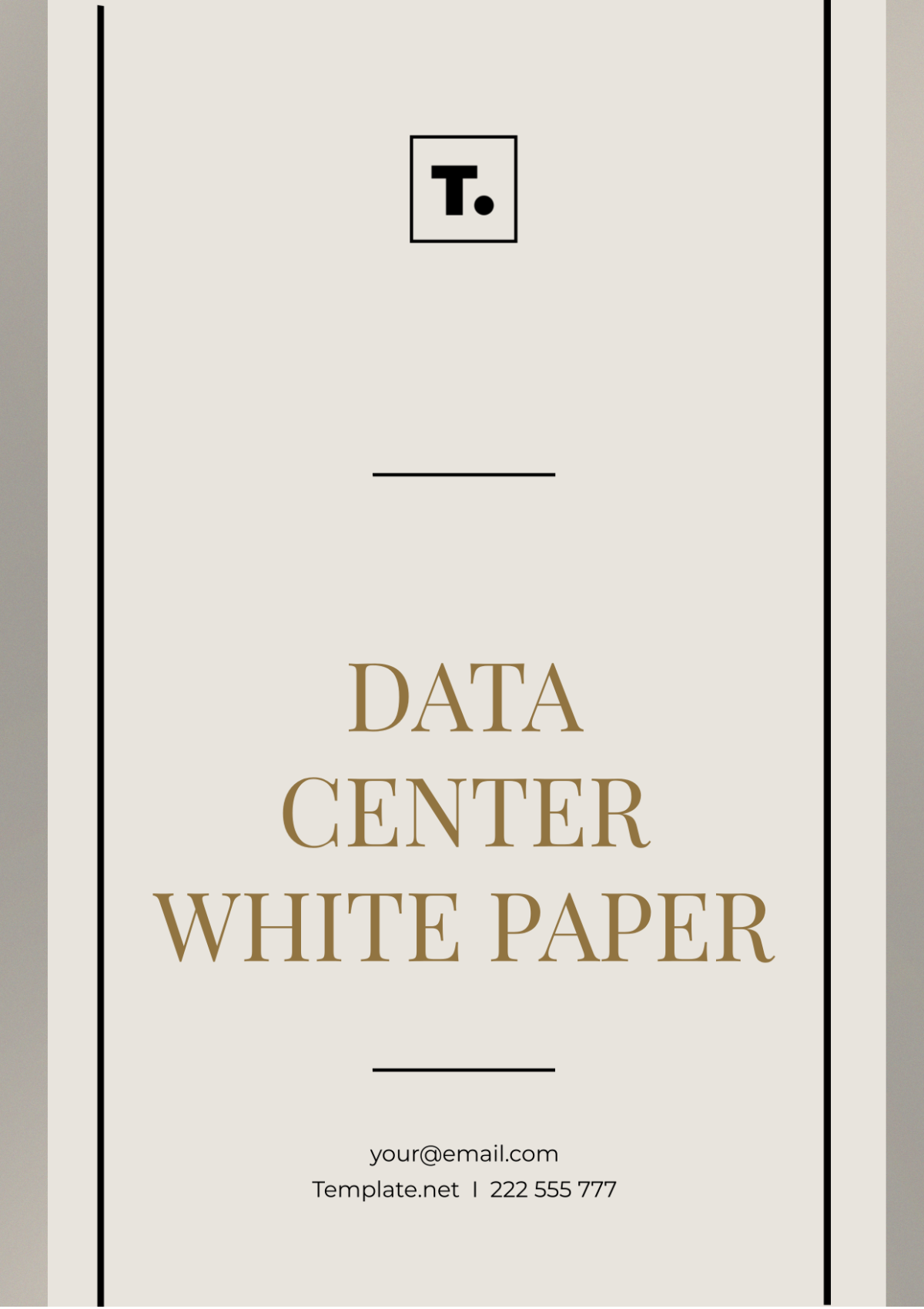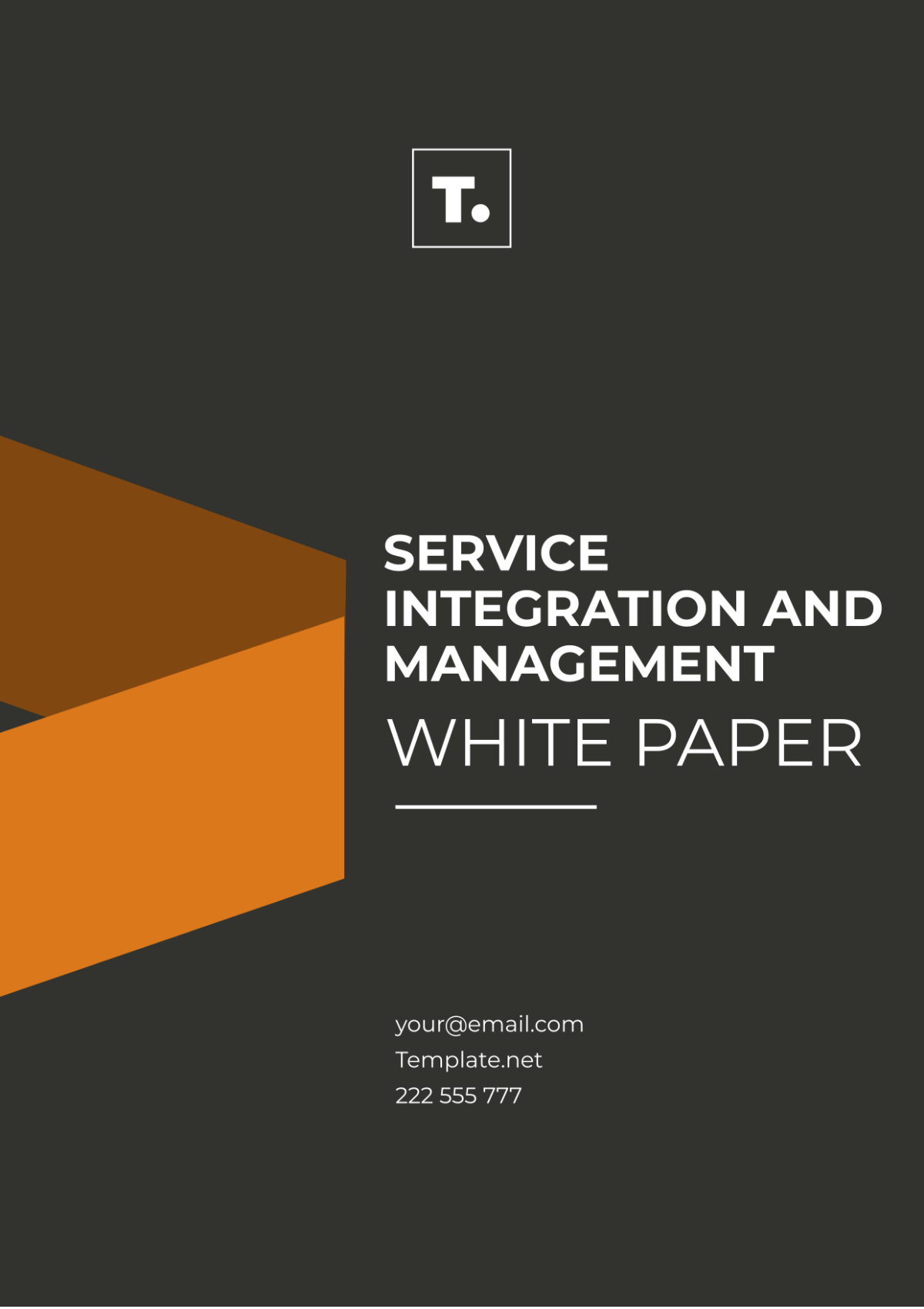Data Analytics White Paper
Deciphering Data Dynamics: A Deep Dive into Data Analytics
Authored by: [YOUR NAME]
Date: [DATE]
Prepared for: [YOUR COMPANY NAME]
Department: [YOUR DEPARTMENT]
I. Introduction
In the fast-paced digital age, harnessing the power of data analytics has become paramount for [Your Company Name] to stay competitive in the market. This white paper serves as a definitive resource for understanding the intricacies of data analytics and exploring various methodologies, tools, and techniques that pave the way for informed decision-making and enhanced business processes.
II. Understanding Data Analytics

Data analytics is the process of examining datasets to conclude the information they contain. It involves a range of techniques and approaches aimed at uncovering meaningful insights, trends, and patterns. Key components of data analytics include:
Descriptive Analytics: Provides insights into past events and trends.
Predictive Analytics: Forecasts future outcomes based on historical data.
Prescriptive Analytics: Recommends actions to optimize future outcomes.
III. Methodologies in Data Analytics
A. [Your Name]'s Framework for Data Analysis
[Your Name]'s proprietary framework offers a structured approach to data analysis, comprising the following steps:
Phase | Description |
|---|---|
1. Define Objectives | Clearly outline the goals and objectives of the analysis. |
2. Data Collection | Gather relevant data from internal and external sources. |
3. Data Preprocessing | Cleanse, transform, and prepare the data for analysis. |
4. Analysis | Apply statistical and machine learning techniques to extract insights. |
5. Interpretation | Interpret the results and derive actionable insights. |
6. Visualization | Present findings through compelling visualizations for better understanding. |
B. Industry Standard Methodologies
CRISP-DM (Cross-Industry Standard Process for Data Mining): A widely-used methodology consisting of six phases: Business Understanding, Data Understanding, Data Preparation, Modeling, Evaluation, and Deployment.
KDD (Knowledge Discovery in Databases): Focuses on the overall process of discovering useful knowledge from data, involving data selection, preprocessing, transformation, data mining, pattern evaluation, and knowledge presentation.
IV. Tools and Technologies
A. Data Analytics Platforms
[Platform 1]: A comprehensive platform offering advanced analytics capabilities, including data visualization, predictive modeling, and machine learning.
[Platform 2]: An intuitive tool for exploratory data analysis and interactive visualization.
[Platform 3]: A cloud-based analytics platform for scalable data processing and analysis.
B. Data Visualization Tools
Tool | Description |
|---|---|
[Tool 1] | Empower users to create stunning visualizations with drag-and-drop simplicity. |
[Tool 2] | Offers a wide range of chart types and customization options for impactful data presentations. |
[Tool 3] | Integrates seamlessly with popular analytics platforms, enabling real-time data visualization. |
V. Case Studies
A. Retail Industry
I. Predictive Analytics for Demand Forecasting
In collaboration with a leading retail chain, [Your Company Name] implemented predictive analytics models to forecast demand for seasonal products. By analyzing historical sales data and external factors such as weather patterns and promotions, the company achieved a significant reduction in stockouts and inventory costs.
B. Healthcare Sector
II. Patient Segmentation for Personalized Care
Utilizing advanced data analytics techniques, [Your Company Name] assisted a healthcare provider in segmenting patients based on their medical history, demographics, and lifestyle factors. This segmentation enabled targeted interventions and personalized care plans, resulting in improved patient outcomes and satisfaction.
VI. Conclusion

In conclusion, data analytics represents a powerful tool for unlocking actionable insights and driving business growth. By embracing advanced methodologies, leveraging cutting-edge tools, and learning from real-world case studies, organizations can harness the full potential of their data assets to gain a competitive edge in today's dynamic market landscape.
















